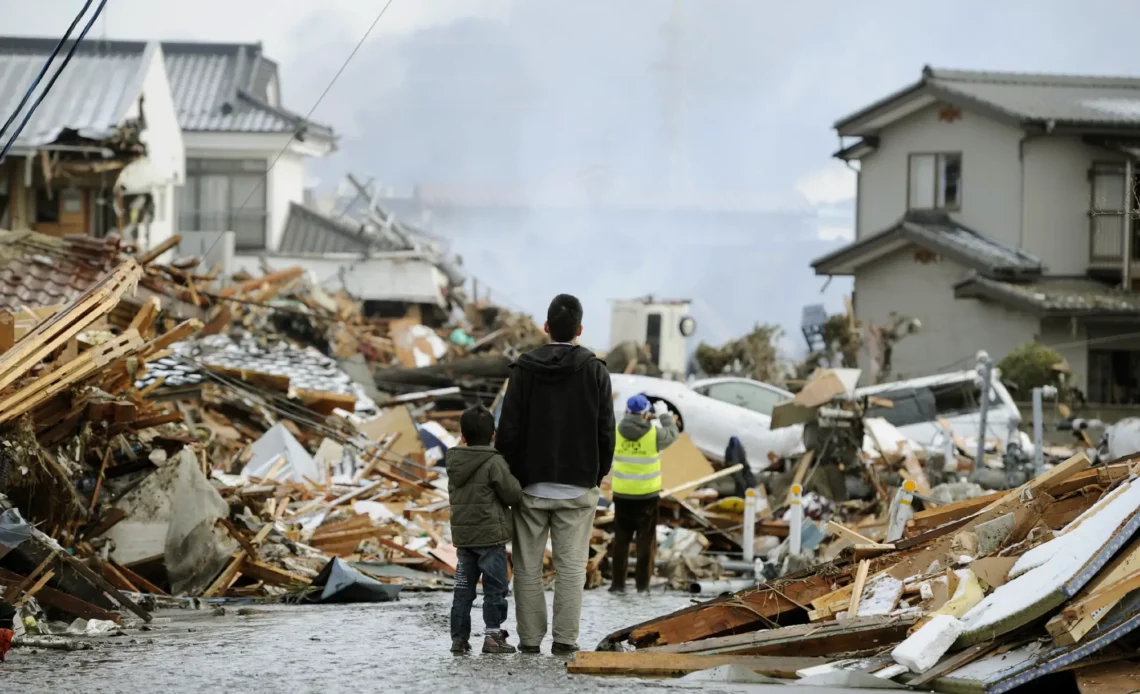The forces of nature can be awe-inspiring but also immensely destructive. Hurricanes, earthquakes, floods—when natural disasters strike, they test our preparedness and resilience. Responding appropriately during these trying times can make a significant difference, ensuring the safety of your loved ones and minimizing property damage. To equip yourself with the right knowledge and actionable steps during such calamities, visit Restoration Bay website. Together, we’ll explore the best strategies to navigate nature’s challenges.
As professionals, it’s our responsibility to be prepared and ready to respond when natural disasters occur. The ability to respond to such events with a calm and measured approach is critical to ensuring the safety and well-being of those affected.
Prepare an emergency kit beforehand
Preparing an emergency kit beforehand is an essential step in responding to natural disasters. The kit should contain all the necessary items that you and your family might need during and after a disaster. It’s recommended to keep the kit in a sturdy, easy-to-carry container in an accessible location. The contents of the kit will vary depending on your specific needs, but some common items to include are non-perishable food, water, a first aid kit, flashlights with extra batteries, a battery-powered or hand-crank radio, blankets, and personal hygiene items.
It’s important to periodically check and update the kit, making sure that all items are in working order and that the food and water have not expired. By preparing an emergency kit beforehand, you can ensure that you and your family have the necessary supplies to stay safe and comfortable during a natural disaster.
Follow evacuation orders promptly
In the event of a natural disaster, it is important to follow evacuation orders promptly. These orders are given by local officials who have assessed the situation and determined that there is a threat to your safety. Delaying your departure increases the risk of harm to yourself and your loved ones. It is crucial to stay informed and heed warnings from authorities, as they are trained to provide the most accurate and up-to-date information on the situation.
Stay updated with local news
- When it comes to preparing for natural disasters, staying informed is key.
- One of the best ways to do this is to stay updated with local news.
- Make sure to regularly check your local news sources for updates on weather patterns, evacuation orders, and other important information.
- This can help you make informed decisions about whether to evacuate, what supplies to gather, and where to go if necessary.
Ensure safe drinking water supply
In the aftermath of a natural disaster, access to clean water can become limited or even non-existent. Ensuring a safe drinking water supply is crucial to preventing waterborne illnesses and dehydration. To achieve this, it is important to identify and address any issues with the local water system. This may involve testing the water for contaminants, repairing damaged water infrastructure, or providing bottled water or water purification tablets to affected communities. It is also important to educate individuals on safe water handling practices, such as boiling water before use and properly storing water to prevent contamination.
Seek professional help when necessary
In the aftermath of a natural disaster, it is common to feel overwhelmed by the situation and unsure how to proceed. It is important to remember that seeking professional help is always an option. If you or someone you know is experiencing emotional distress, such as anxiety, depression, or PTSD, consider reaching out to a mental health professional. Additionally, if you have been injured or are experiencing physical symptoms, seek medical attention as soon as possible.
Natural disasters are unavoidable and can strike at any time, leaving behind devastation and loss. However, by taking proactive measures and being prepared, we can reduce the damage and respond efficiently to save lives and minimize the impact. It is crucial to stay informed, have an emergency plan in place, stock up on essential supplies, and work with local authorities and organizations to support relief efforts. By staying vigilant and united, we can overcome the challenges posed by natural disasters and build more resilient communities for the future.



